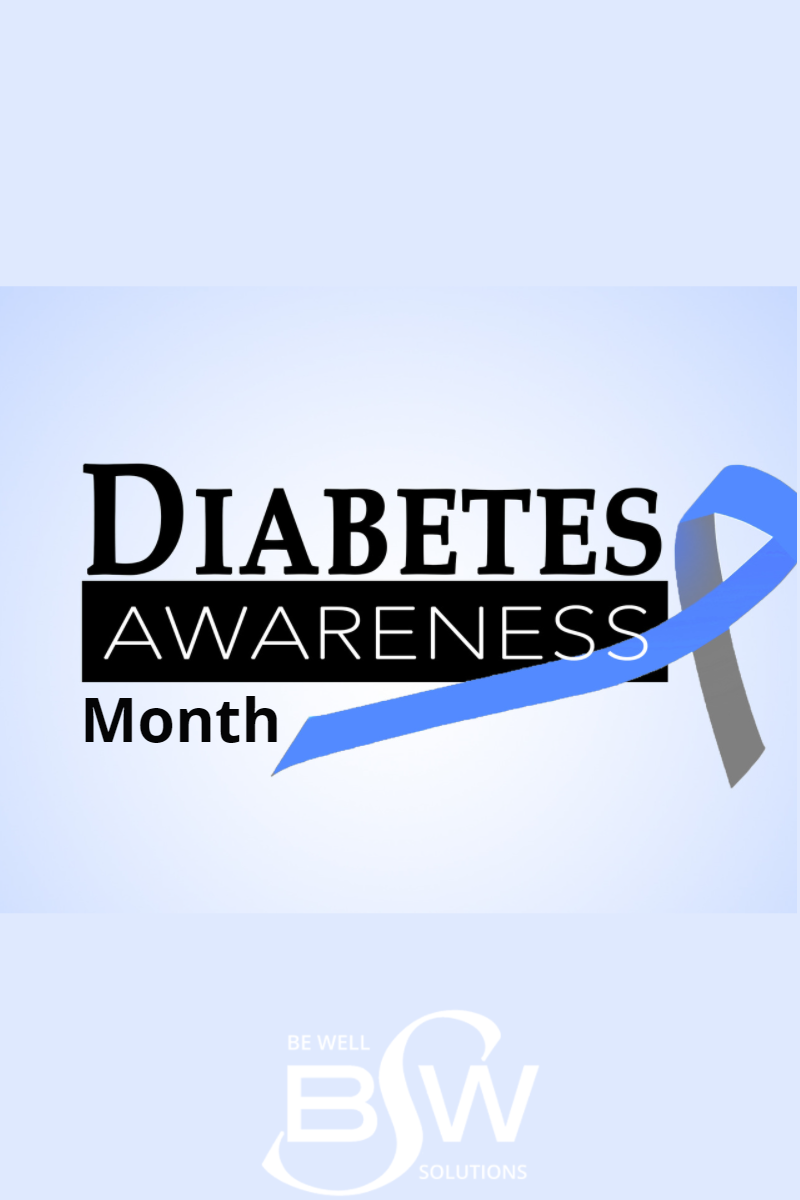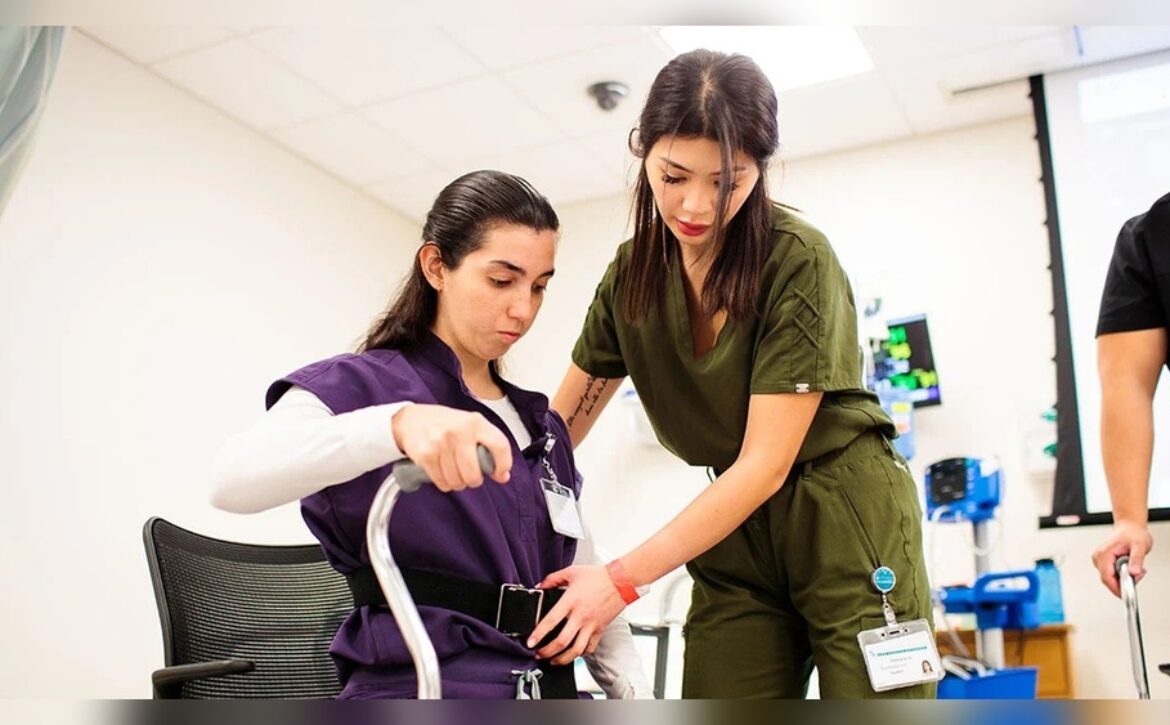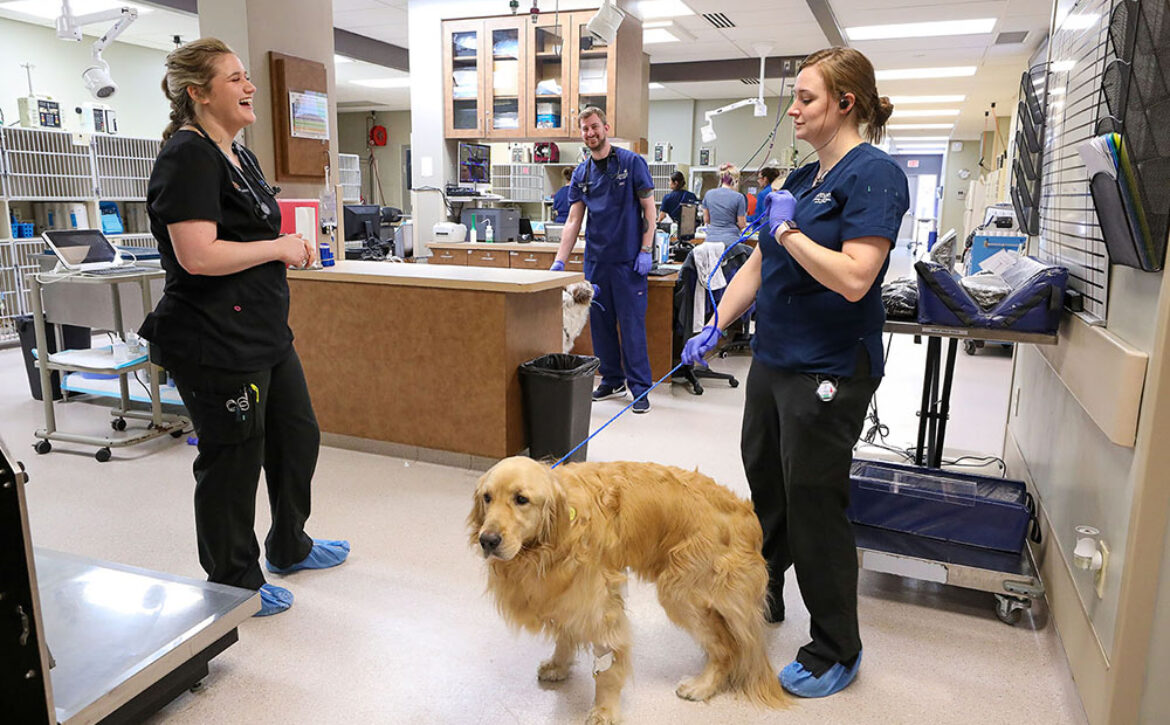How to Become a Diabetes Awareness Training Expert
Imagine being the key to transforming lives, empowering others with vital knowledge about diabetes. You hold the potential to make a real difference in your community by becoming a Diabetes Awareness Trainer.
This isn’t just another role; it’s a chance to impact and educate, fostering healthier lives for those around you. The skills you gain won’t just stay with you—they’ll ripple through families, friends, and coworkers, creating a wave of awareness and understanding.
Dive into this guide to discover how you can step into this rewarding role and start making an impact today.
Path To Expertise
Becoming an expert in diabetes awareness training requires dedication and knowledge. This path involves gaining the right education and certifications. With the right steps, you can make a difference in many lives. Understanding diabetes is essential to help those affected. Your journey starts with learning and acquiring the necessary skills.
Educational Requirements
Begin with a solid educational background. A degree in healthcare or nutrition helps. Nursing, dietetics, or public health are good options. These fields provide foundational knowledge of diabetes. Understanding biology and human physiology is crucial. Courses focusing on diabetes management are beneficial.
Certifications And Credentials
Certifications validate your expertise. Consider becoming a Certified Diabetes Educator (CDE). This certification shows advanced knowledge in diabetes care. You need clinical experience to qualify. Another option is the Diabetes Prevention Program Lifestyle Coach. This role focuses on lifestyle changes for diabetes prevention. Both credentials enhance your professional standing.
Skills Development
Developing skills for diabetes awareness training is crucial. You need to communicate effectively and understand technical aspects. Both elements are key for success in this field.
Communication Skills
Communication is the backbone of diabetes awareness training. Trainers must convey complex information simply. This helps learners grasp important concepts easily. Active listening is also essential. It builds trust and encourages open dialogue. Questioning techniques improve understanding. They help clarify doubts and ensure accurate knowledge transfer. Trainers should adapt to different audiences. Tailoring messages makes learning more effective.
Technical Knowledge
Technical knowledge is vital for effective diabetes training. Understanding diabetes types and symptoms is necessary. Trainers must explain medical terminology clearly. Knowledge of treatment options is important. It equips trainers to provide accurate advice. Staying updated with research trends is crucial. This ensures trainers give the latest information. Familiarity with diabetes management tools is beneficial. It enables trainers to demonstrate practical applications.
Understanding Diabetes
Understanding diabetes is crucial for effective awareness training. Diabetes affects millions globally and demands attention. It involves managing blood sugar levels due to insulin issues. Grasping the types, symptoms, and complications can aid in better education.
Types Of Diabetes
There are three main types of diabetes. Type 1 diabetes occurs when the body stops producing insulin. This type often begins in childhood. Type 2 diabetes is more common and usually develops in adults. It happens when the body doesn’t use insulin well. Gestational diabetes occurs during pregnancy and can affect the mother and baby. Recognizing these types helps in understanding individual needs.
Symptoms And Complications
Diabetes symptoms vary but can include frequent urination and fatigue. Other signs are unexplained weight loss and extreme thirst. Complications can be severe if untreated. Heart disease, nerve damage, and kidney issues are common risks. Early detection and management can prevent these complications. Education on symptoms aids in timely diagnosis and care.

Training Techniques
Training techniques are the backbone of effective diabetes awareness training. They not only impart crucial knowledge but also ensure that participants remain engaged and motivated to learn more. To create a lasting impact, employing interactive workshops and mastering presentation strategies can make all the difference. Let’s delve into these techniques and how they can transform your training sessions.
Interactive Workshops
Interactive workshops are a game-changer. They bring participants together, encouraging active participation and collaboration. Picture this: a room full of individuals actively discussing diabetes management strategies, sharing their insights, and learning from one another.
Use real-life scenarios to drive discussions. Ask participants to share their experiences with diabetes management or challenges they’ve faced. This helps everyone see diverse perspectives and fosters empathy.
Keep the atmosphere lively with group activities. Consider role-playing exercises where participants act out scenarios involving diabetes care, or host quizzes that reinforce key concepts. These activities can make learning fun and memorable.
Effective Presentation Strategies
Crafting engaging presentations is crucial. Start by clearly outlining your objectives. What do you want your audience to learn? Being specific helps maintain focus and ensures your message resonates.
Use visuals wisely. A well-placed image or infographic can simplify complex information. Think about charts that depict diabetes statistics or illustrations showing healthy meal options. These can be powerful tools for understanding.
Speak with confidence and clarity. Avoid jargon and keep your language simple. Imagine you’re explaining diabetes management to a friend. This approach makes your presentation accessible and relatable.
Remember, the goal is to inspire action. Pose thought-provoking questions. Ask your audience how they can apply what they’ve learned in their daily lives. This encourages them to think critically and take meaningful steps towards diabetes awareness.
How will you make your training sessions unforgettable? It’s all about choosing the right techniques and connecting with your audience. The impact you create today could change lives tomorrow.
Engaging Your Audience
Capturing interest is key in diabetes awareness training. Use clear language and relatable examples. Encourage questions to ensure understanding.
Engaging your audience is crucial in diabetes awareness training. You want your message to resonate with people from all walks of life. It’s about making the information relatable and actionable, so they leave feeling empowered and informed.
Tailoring Content For Different Groups
Every audience is unique. A group of healthcare professionals may need more technical details compared to a community group. Think about what each group values and needs. Parents of diabetic children might appreciate practical tips on managing diabetes at school. Meanwhile, older adults could benefit from information on lifestyle changes that help manage diabetes. Consider the language you use. Avoid jargon with non-professionals, and keep it simple. Use stories or examples that your specific audience can relate to.
Using Visual Aids
Visual aids can transform your presentation. They can break down complex information and make it easier to understand. Imagine explaining blood sugar levels with just words. Now, think about a colorful chart showing normal and abnormal levels. Which is more engaging? Use images, charts, and infographics to grab attention and clarify points. Videos can also be powerful, showing real-life scenarios or step-by-step guides. Remember, visuals should support your message, not overshadow it. Keep them clear and relevant to avoid confusion.
Staying Updated
Staying updated is crucial for anyone involved in diabetes awareness training. The field of diabetes care and education is constantly evolving. New research and treatments emerge regularly. Keeping up with these changes ensures that your training remains relevant and effective. It also empowers you to provide the best support possible to those affected by diabetes.
Research And Innovation
New studies on diabetes are published frequently. Staying informed about these can enhance your training sessions. Follow reputable medical journals and health organizations. They provide valuable insights into the latest developments. Innovations in diabetes management tools can also impact training methods. Technologies like continuous glucose monitors are changing the landscape. Understanding these tools can make your training more comprehensive.
Continuous Education
Engage in continuous education opportunities. Online courses and workshops are widely available. These resources help you maintain a current understanding of diabetes care. Attending conferences can also be beneficial. They often feature experts sharing the latest research and strategies. Regularly updating your knowledge ensures you remain a valuable resource.
Building Professional Networks
Building professional networks is crucial for anyone looking to make a significant impact in diabetes awareness training. By connecting with the right people, you can amplify your message and gain invaluable insights. Strong networks open doors to new opportunities and collaborations. Let’s explore how you can effectively build these networks.
Collaborating With Health Professionals
Working alongside health professionals can significantly enhance your reach. These experts bring a wealth of knowledge and credibility to your initiatives. Consider setting up regular meetings with local doctors, nurses, and dietitians.
Share your goals and listen to their experiences with diabetes patients. You might find innovative strategies to address common challenges. Have you ever thought about organizing joint seminars or workshops? These collaborative efforts can lead to powerful community impact.
Joining Professional Organizations
Professional organizations are gateways to a broader network. They provide a platform to connect with like-minded individuals and experts in diabetes care. Membership often comes with access to exclusive resources and events.
Research groups that align with your mission. Attend conferences and webinars they host. Networking at these events can spark ideas and foster partnerships. Imagine the possibilities of teaming up with others who share your passion for diabetes awareness.
How often do you evaluate your current network? Regularly assess and expand your connections to keep your initiatives vibrant and impactful. Who might you reach out to today to strengthen your network?
Frequently Asked Questions
What Is Diabetes Awareness Training?
Diabetes awareness training educates individuals about managing and preventing diabetes. It covers symptoms, treatment options, and lifestyle changes. This training helps people understand diabetes better and support those affected by it.
Why Is Diabetes Awareness Important?
Diabetes awareness is crucial for early detection and prevention. It helps reduce complications and improves quality of life. Awareness empowers individuals to make informed health choices and supports early intervention.
How Can I Start Diabetes Awareness Training?
To start, research accredited programs or workshops. Online courses and local health organizations offer training. Choose a program that covers comprehensive diabetes education and practical skills.
Who Should Consider Diabetes Awareness Training?
Healthcare professionals, caregivers, and anyone interested in diabetes should consider training. It enhances understanding and supports patient care. Family members of those with diabetes can also benefit greatly.
Conclusion
Empowering yourself with diabetes awareness training can make a difference. You gain knowledge, skills, and confidence to support those in need. Each step you take in learning helps others lead healthier lives. Remember, small efforts can create big impacts. Share what you learn with friends and family.
Encourage healthy habits and promote understanding. Together, we can foster a supportive community. Make diabetes awareness a part of everyday life. Begin today and inspire change around you. Stay informed, stay compassionate, and help spread awareness. Your actions can truly matter.





